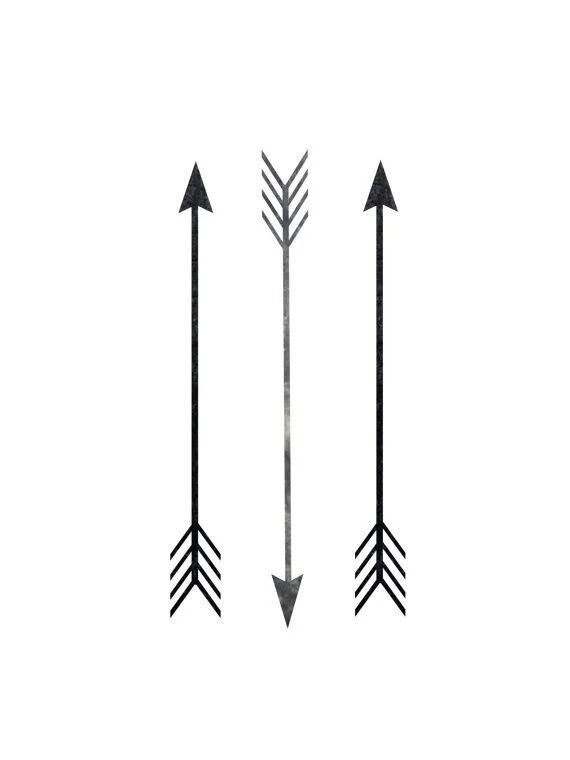Recycled Grace: Guest Blog Post
As you all know, I decided to write this blog series to work through the death of my father, Tony. Upon writing the first blog, I reached out to a therapist I know, Lauren St. Jacques, and I asked her if she would be interested in writing a guest blog post. She graciously agreed, and her amazing tips are written below. If you connect with anything she says, please contact her through the information provided at the end of this post.
FORGIVENESS
Forgive and forget.
We’ve all said it at one point or another. But, what if we can’t forget, or what if we don’t want to forget? Does that mean we are not a forgiving person? I say absolutely not. Even if we forgive, we may not want to forget the boundaries that were crossed. We don’t need to deny the hurt that was caused. We need to acknowledge the pain, whether that pain was self-inflicted or caused at the hands of someone else. Forgiveness does not mean we have to allow a person or behavior back into our lives; it means we have to let go; we have made a choice to not hold on to that baggage anymore.
Forgiveness is a choice.
One of my favorite quotes is “I never knew how strong I was until I had to forgive someone who wasn’t sorry, and accept an apology I never received.” We choose who to forgive, when to forgive, and what to forgive. When we choose to forgive, we choose to let go of bitterness and resentment.
Forgive yourself first.
Sometimes forgiving ourselves first makes it easier to forgive others. When we practice self-compassion, we learn to be compassionate towards others. Forgiving ourselves relieves us from burdens that might not have been ours to carry in the first place.
GROWTH
Growth requires mistakes and failure.
Our mistakes and failures can be our greatest teachers. Growth is not a point A to point Z process; it’s supposed to be messy, and we wouldn’t want it any other way. Many people feel that while on their growth journey if they slide back, they have to start all over. This is simply not true. Growth is a process of ups and downs while we learn about ourselves and those around us. It is a lifelong process, and when we understand this concept, we can accomplish anything we want because we are continually growing.
Set small, attainable goals.
Set yourself up for success. When we set the bar too high and have unrealistic expectations, we are just doing ourselves a disservice. Setting small goals, where we can see our progress, motivates us and helps us to feel accomplished. Whereas setting big, unattainable goals can inhibit our growth because we tend to lose sight of what is important.
Be grateful for your trials.
It’s through the rough patches in our life that we grow and are strengthened more than at any other time in our lives. We cannot expect to grow without the hard stuff. As difficult as it might be to find gratitude in our trials, just remember that in the end, we’re going to come out stronger. Keep in mind, that without pain, sadness, and sorrow, we would never know happiness, peace, and joy.
HEALING
Healing is a journey.
Healing is not something that happens overnight. In fact, it may be a lifelong process. As we achieve different stages of our healing, we may begin to think that we have mastered the process and then something happens that triggers us. Some may consider this to be a failure. I consider it just a part of the process. Look at it this way: vacations are generally short, fun, and relaxing, while Journeys are long, somewhat tedious, require hard work, and involve setbacks. Healing is definitely a journey… it’s no vacation.
Healing requires change.
Change can be scary. I don’t know many people who genuinely enjoy change. Depending on what we are healing from will determine the changes that need to be made for the healing to happen. It could be our surroundings that need to change. Other times, it’s our mindset that needs to change. Possibly our habits need to change: the way we talk about ourselves, the way we view the world, who we allow into our lives, and who we need to remove from our lives.
Healing helps us fine-tune our boundaries.
We can learn so much about ourselves through healing. Through this experience, we are able to practice, develop and/or strengthen our boundaries. We must practice those boundaries in situations and with people we trust first.
“Boundaries are a function of self-respect and self-love.”
– Brene Brown.
More About Lauren St. Jacques:
Lauren St. Jacques is a licensed Marriage & Family Therapist (Lic.#116109). She has been in private practice in the Riverside area for approximately five years, and before that she worked with Survivors of sexual abuse for approximately ten years. She works with individuals who are experiencing relationship conflicts, anxiety, depression, those who are dealing with the everyday stressors of life, and she works with Survivors of sexual assault/abuse, as well as helping their family members. Lauren loves watching her clients grow, work towards healing, and achieve their goals. If you’re interested in reaching out to Lauren, please see her contact information below.
Contact Information:
Lauren St. Jacques, LMFT #116109
Licensed Marriage & Family Therapist
(951) 203-3276
(951) 277-6182 Fax

